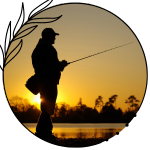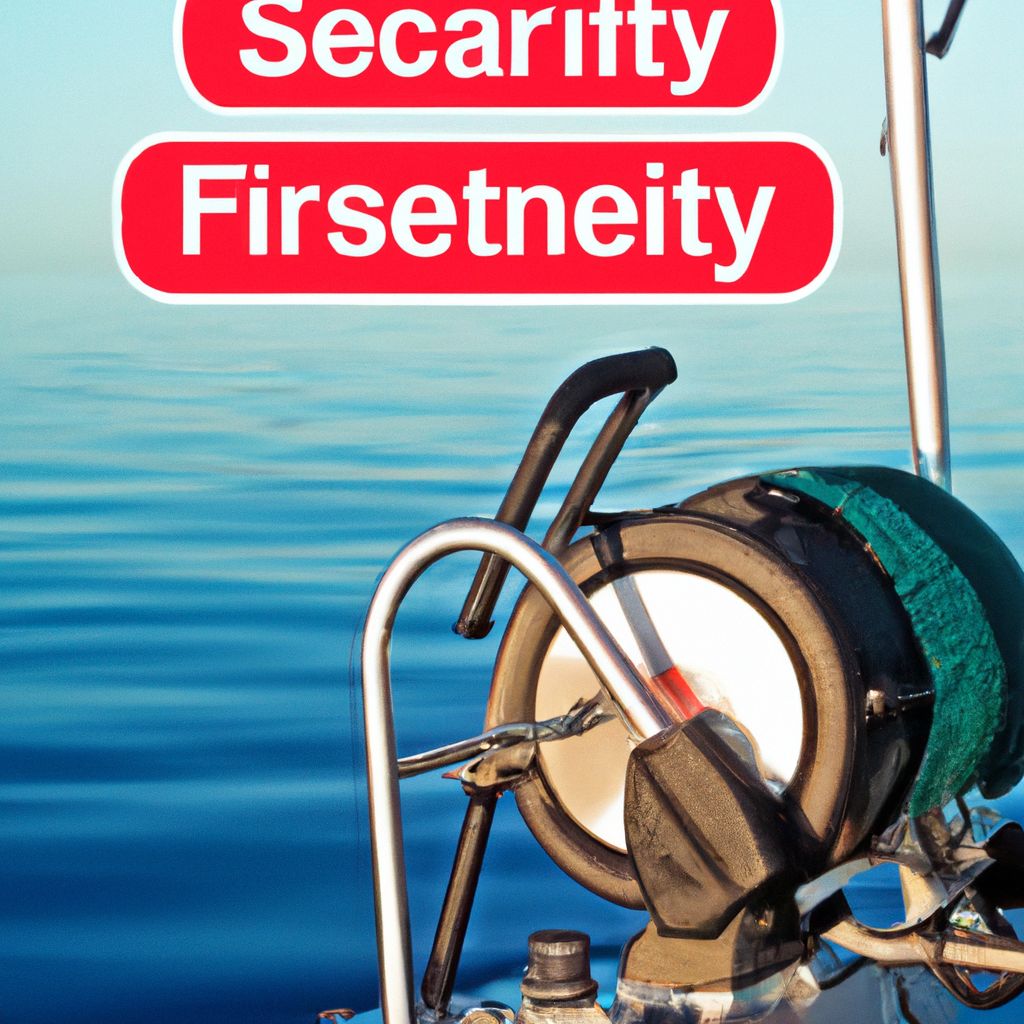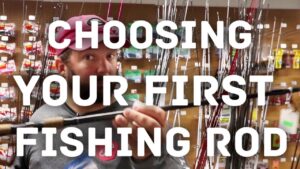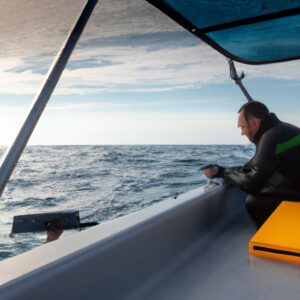Fishing is a great way to relax and explore, but it’s important to prioritize safety. Here are some tips to ensure a safe fishing experience:
- Invest in a life jacket or PFD and non-slip shoes for boat surfaces.
- Have a first aid kit ready for any minor injuries.
- Use sun protection like hats and sunglasses to shield yourself from harmful UV rays.
- Equip yourself with quality fishing equipment such as rods and reels.
- Check the weather conditions before heading out and familiarize yourself with local regulations for conservation.
- Lastly, inform someone about your plans, so they can provide assistance if something unexpected happens.
Pro Tip: Protect yourself from fishy situations with the right PPE!
Personal Protective Equipment (PPE) for Fishing:
When fishing, safety comes first. Wearing the right Personal Protective Equipment (PPE) is a must. Essential items include:
- Life Jacket: Fit properly and wear all the time to prevent drowning in case of accident or falling overboard.
- Protective Eyewear: Polarized sunglasses with UV protection to guard from flying hooks, bait, and UV rays.
- Footwear: Non-slip for traction on wet and slippery surfaces, and to avoid slipping or falling.
- Hat: Wide-brimmed to protect face, neck, and ears from sun and heatstroke.
- Gloves: For handling sharp objects like hooks and fish teeth without risk of cuts or punctures.
- Sunscreen: Water-resistant sunscreen to protect skin from UV rays.
- Communication Device: Mobile phone or marine radio for requesting help in emergencies.
- First Aid Kit: Bandages, antiseptic wipes, pain relievers, and other essentials.
Also, assess environment risks to choose right PPE. Regularly examine for signs of wear and tear, and replace when needed. With these, you’ll be out on the water safely. Don’t bait for disaster – get the perfect catch!
Essential Tools and Accessories for Fishing:
When it comes to fishing, having the right tools is key. These items give you a better chance of catching fish and help keep you safe. Let’s look at some must-have items for anglers:
- a fishing rod
- a reel
- a line
- hooks
- bait
- sinkers
- bobbers
- and pliers
To make things more organized, a tackle box with compartments is very helpful. Polarized sunglasses can also reduce glare, so you can spot fish more easily.
Fishing equipment has been around for centuries. Early humans used spears with barbed points to catch fish. Over time, fishing technology improved and the items we know today were developed.
Don’t forget to equip yourself with the essentials before your next fishing adventure. It’ll improve your chances of catching fish and keep you safe. So stock up and sail off with confidence!
Safety Equipment for Fishing Boats:
Ensure the safety of your fishing boat by having necessary equipment on board. This will help you stay afloat in any unexpected situations. Let’s take a look at essential safety equipment:
- Life Jackets – Every person on board should have one that fits them properly. These jackets will keep you afloat in an emergency.
- Fire Extinguisher – Keep one on board so fires can be put out before they cause any accidents.
- Navigation Lights – When visibility is low, these lights are used to signal your presence to other boats and prevent collisions.
Always inspect and maintain your safety equipment to make sure it’ll work when you need it most. Don’t be caught off guard – get the right safety equipment and enjoy your fishing trips!
FAQ’s
| FAQ Question | Answer |
|---|---|
| 1. Why do I need fishing safety equipment? | Fishing safety equipment is crucial for protecting yourself in case of emergencies and ensuring a safe fishing experience. |
| 2. Are life jackets really necessary for fishing? | Yes, life jackets are essential for fishing, especially when on a boat or near deep water. They can save lives in case of accidental falls or slips. |
| 3. What should I include in my fishing first aid kit? | A fishing first aid kit should include bandages, antiseptic ointment, adhesive tape, scissors, tweezers, and any necessary personal medications. |
| 4. Can I use any regular sunglasses while fishing? | It’s recommended to use polarized sunglasses specifically designed for fishing, as they reduce glare and provide better visibility in water. |
| 5. How often should I replace my fishing safety equipment? | Fishing safety equipment should be regularly inspected and replaced if damaged or outdated. Follow the manufacturer’s guidelines for specific items. |
| 6. What should I do in case of a fishing emergency? | In case of a fishing emergency, stay calm and use your emergency communication devices to seek help. Follow the proper safety protocols and procedures. |
| 7. Should I invest in a fishing safety whistle? | Yes, a fishing safety whistle is a valuable signaling device that can help attract attention in case of an emergency or when needing assistance. |
| 8. What are some additional fishing safety tips? | Additional fishing safety tips include checking the weather forecast, informing someone about your fishing plans, and avoiding fishing alone whenever possible. |
| 9. Can I use a regular backpack as a fishing tackle box? | While a regular backpack can store some fishing gear, it’s recommended to use a specialized fishing tackle box to keep your equipment organized and easily accessible. |
| 10. Are there any specific safety considerations for ice fishing? | Yes, ice fishing has its own set of safety considerations, such as checking ice thickness, wearing appropriate clothing, and carrying ice picks for self-rescue. |
Conclusion:
Prioritizing safety is important when fishing. Get the right tools and know-how to reduce the risk of accidents and have a better time.
Fishing vests are vital. They not only give storage, but also keep anglers afloat in an emergency. A quality life jacket is non-negotiable for deep waters. It must fit and work well.
Protective gear is a must. Polarized sunglasses protect eyes from harmful rays and debris. Generously apply sunscreen with a high SPF to avoid sunburns. Comfy and tough footwear helps balance on boats or rocks.
Other items to have: First aid kit, waterproof phone cases, and a whistle or air horn. Learn how to use these tools beforehand.
Stay informed on weather and local regulations before going fishing. Know potential hazards such as strong currents or restricted areas. Check forecasts and consult authorities for a safer angling experience.





